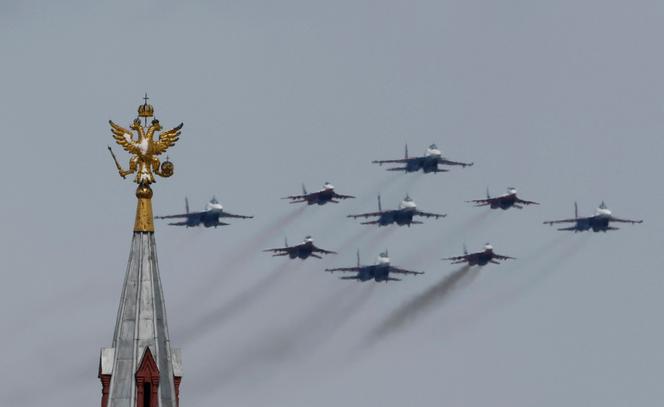


On Thursday, May 30, the Russian government is unsurprisingly expected to approve a tax increase proposed the day before by the finance ministry. Such a reform – against a backdrop of increased spending linked to the war in Ukraine – had been mentioned by Vladimir Putin earlier this year, but the president ultimately waited until his reelection on March 17 to implement it. It is likely to be adopted by the State Duma as early as June 3, before its recess begins on August 5.
The most notable point is the increase in income tax for the wealthiest. The previous scale contained only two rates applicable to individuals, not households: 13% tax up to an annual income of 5 million rubles (€50,000); 15% above that. In tax year 2025, three new tiers will be introduced, at 18%, 20%, and 22%, with the latter tier for those earning more than 50 million rubles (€500,000).
The reform, which is expected to affect only around 2 million taxpayers, is considered relatively mild. Just a month ago, finance ministry officials were considering a tax hike for incomes of 1 million rubles (€10,000 euros) or more. The median income in Russia in 2023 was 40,123 rubles, or €400.
This position confirms the extreme caution shown by the Russian government in times of military conflict, particularly with regard to the poorer sections of the population, who form the core of its support. For their part, participants in the "special military operation" in Ukraine are exempt from any increase.
In recent months, Putin has frequently stressed the need for "social justice" in his speeches, going so far as to make an explicit link with "political stability" in April. The increase for the wealthiest was all the easier to pass as the war in Ukraine has been accompanied by a return of capital. With Europe no longer considered a safe haven, the wealthiest have had no choice but to repatriate their assets. However, the tax increase is limited to salaries, not dividends, which reduces its impact.
The most significant part of the reform, in terms of new revenue for the government, concerns corporate profits. The principle of a "flat tax" will be maintained, but the tax rate will be raised from 20% to 25%. This increase alone should bring in the equivalent of €16 billion in 2025, out of a total for the entire reform estimated at €26 billion.
In its article detailing the measures, the business daily newspaper Vedomosti stated that "the money from these increases will be devoted to the country's socioeconomic development," recalling the long list of "national projects" promised by Putin on the eve of his election: "Family," "Youth and children," "A long and active life," "Infrastructure."
You have 40.21% of this article left to read. The rest is for subscribers only.
